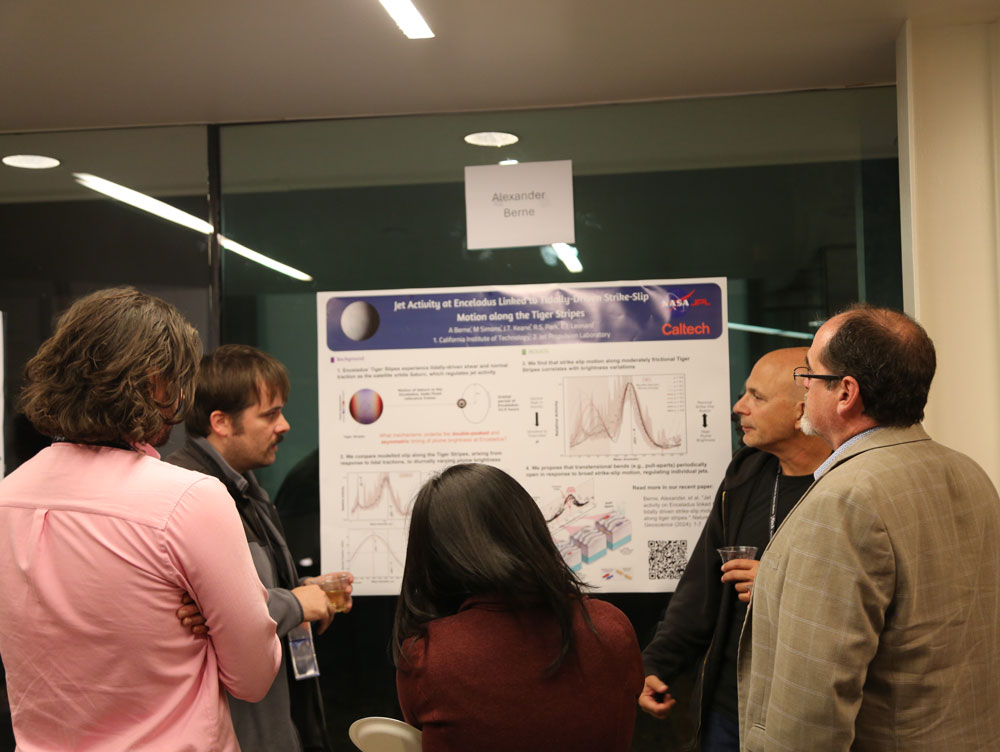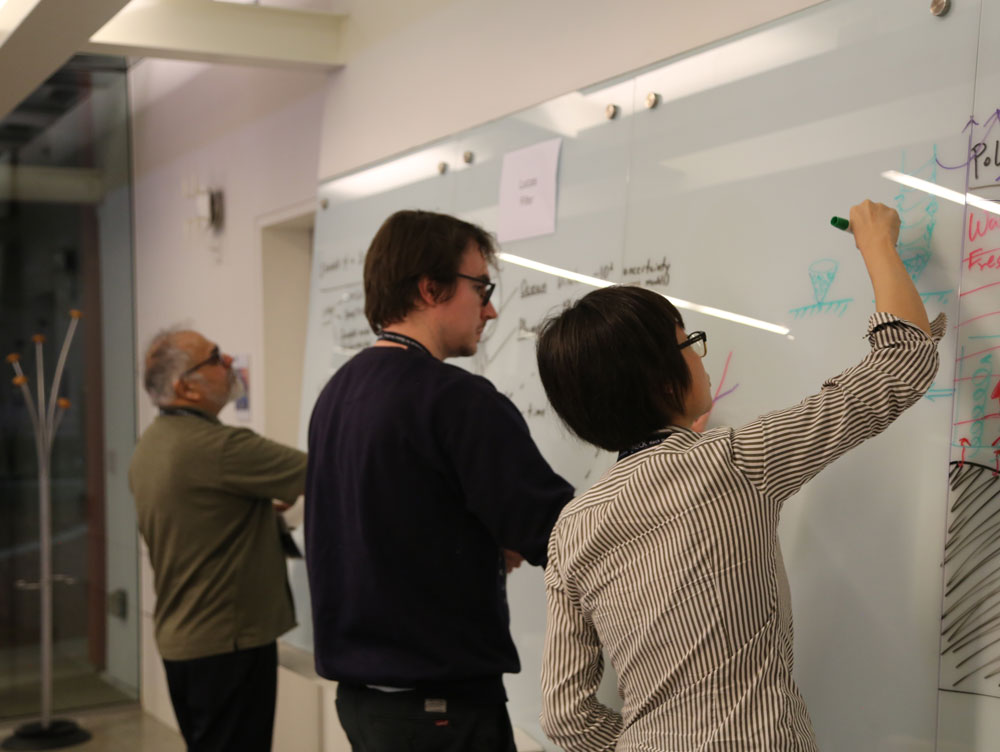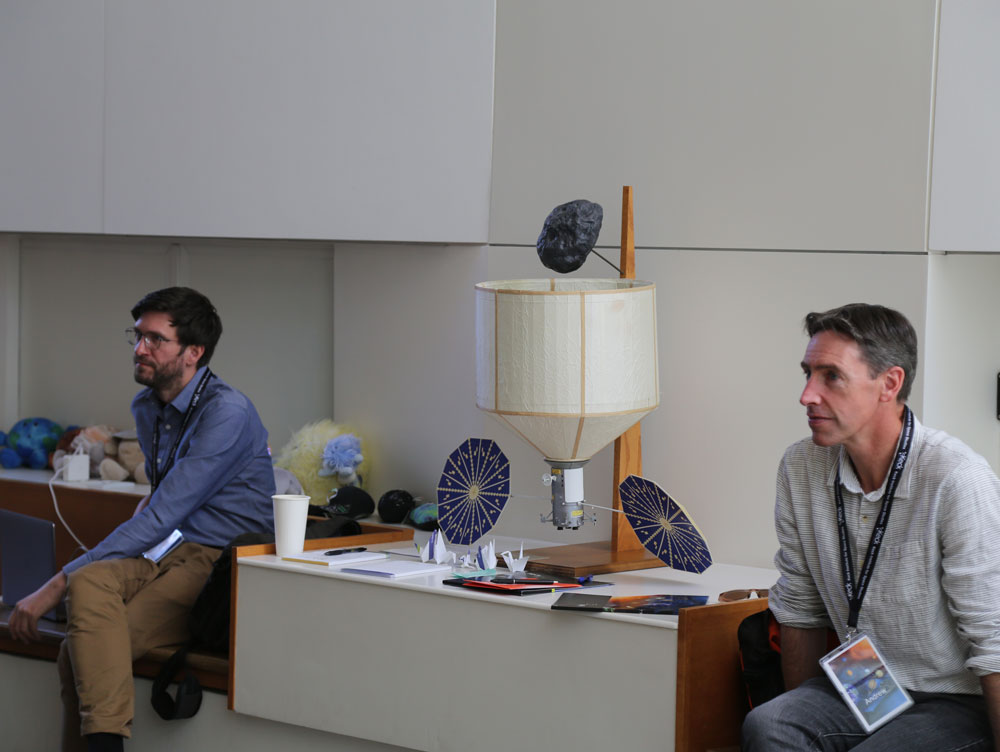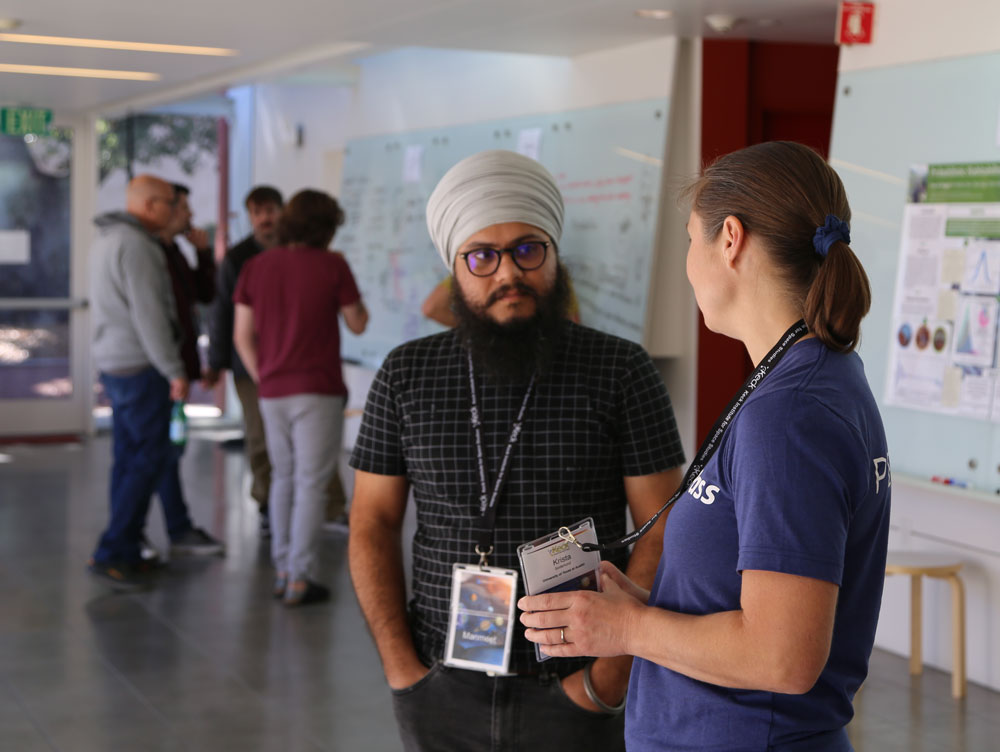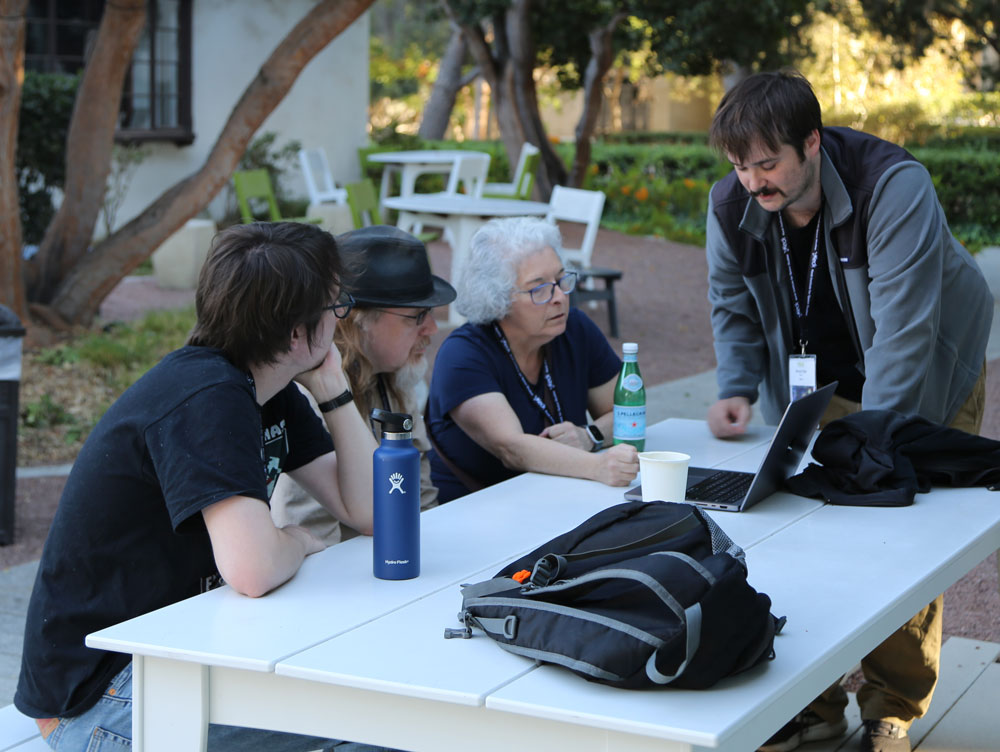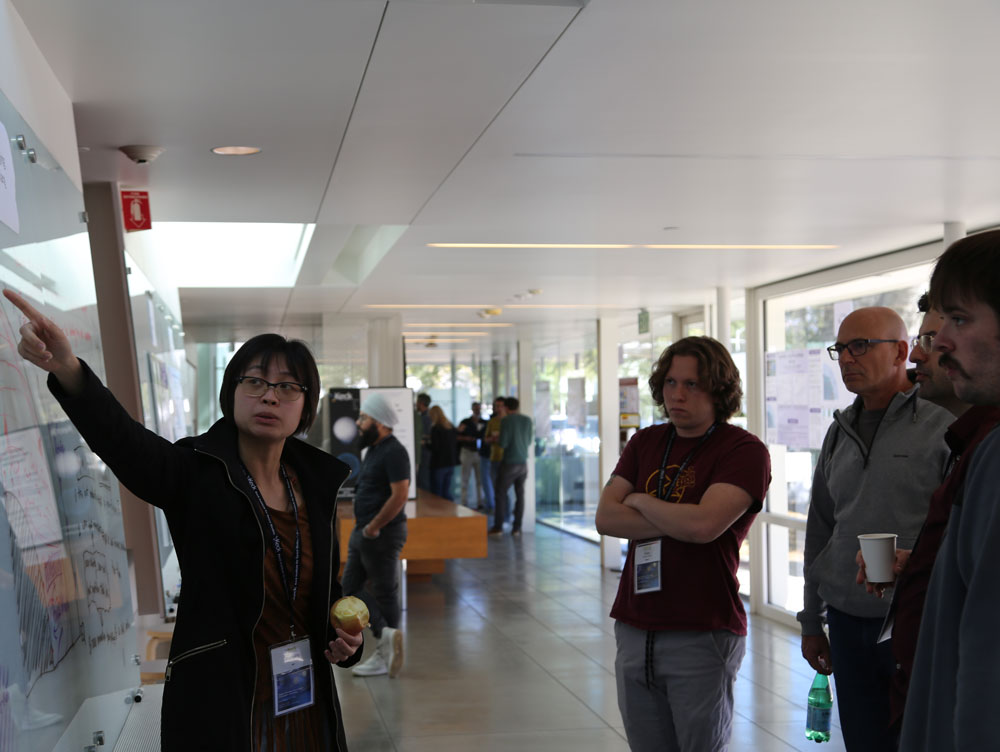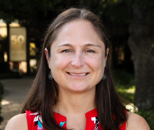Workshop Overview:
A Digital Twin is a real-time virtual representation of a physical object, system, or process connected to its environment, which is dynamically updated with data from its physical twin throughout its lifecycle. While relatively new to planetary science, the Digital Twin concept has roots in industry and even in Earth Science which routinely develops Observing System Simulation Experiments (OSSEs) that attempt to closely couple physical models to measurement and mission design. The Study Team will first need to revisit this definition and to customize it for application to planetary mission formulation, focusing on all parts of a mission concept that directly impact science goals. For a Digital Twin to be useful it must be able to respond to new information and support decision-making. For our application, this new information would correspond to iterative modification of a mission instrument suite or concept of operations (ConOps) to satisfy science requirements and improve science return, it could also correspond to different realizations of the target body.
This KISS study program aims to define and develop the ability to simulate a proposed mission concept synthetically ahead of time, where the simulation includes the fundamental physical processes of interest, the characteristics of proposed observations (both intrinsic to any given instrument and how the measurement technique interacts with the physical environment), and finally the ConOps for the mission (e.g., acquisition strategy, orbital parameters, viewing geometry, mission duration, etc.). Our efforts will focus on the Saturnian moon Enceladus with a mindset to make the approach applicable to other bodies as well. The formulation of future planetary science missions would benefit from taking advantage of emerging modeling capabilities to quantify our ability to test key scientific hypotheses. These enhanced modeling efforts could include the ability to run scenario missions and allow one to test for data sufficiency.
The objectives for this first workshop are:
- Converge on a definition of DT as it applies to mission formulation for Solar System exploration
- Develop a robust framework for DT implementation that addresses the fundamental physical processes of interest, the characteristics of proposed observation(s) (both intrinsic to any given instrument and how the measurement technique interacts with the physical environment), and finally the ConOps for any mission concept
- Define the subset of science objectives for Enceladus that we want to consider in the DT prototype development
- Catalog key structural parameters, primary process models that could be used and their interrelationships/bounding conditions, and develop an understanding for the required fidelity of all these models, and the extent to which they can be abstracted
- Understand the role of Machine Learning (ML) and Artificial Intelligence (AI) in building the DT and in quantifying uncertainty
A key outcome of the first workshop will be to deliver a proposed skeleton of the framework for an Enceladus Exploration Twin.





